Freedom for users: Windows Server 2008 User CAL opens all doors!
The Windows Server 2008 User CAL (Client Access License) is a licensing option that allows companies and organizations to use certain features and services of Windows Server 2008. A User CAL is a license for a specific user who wants to access resources and services of Windows Server 2008 from any device. With the Windows Server 2008 User CAL, companies are given the right for a specific user to access a specific Windows Server 2008, regardless of the device from which they access it. This means that a single User CAL holder can access the server from their desktop computer at work, laptop at home, tablet or smartphone without having to purchase a separate license for each of these devices. This licensing option is particularly suitable for organizations in which employees work with multiple devices or need to access the server from different locations. It offers the advantage that a user with a User CAL has a seamless and flexible experience by having the same access to Windows Server 2008 from different devices without having to purchase multiple licenses.
The Windows Server 2008 User CAL provides access to a wide range of Windows Server 2008 features and services . These include, for example, file and print services, Active Directory services, DNS (Domain Name System), DHCP (Dynamic Host Configuration Protocol), security services, Remote Desktop Services , server virtualization with Hyper-V, and much more. It is important to note that the Windows Server 2008 User CAL is a supplement to server licensing. This means that in addition to the User CALs, companies must also purchase the appropriate Windows Server 2008 licenses to operate the server. The User CALs are purchased separately and can usually be flexibly managed and added or removed depending on how many users need to access the server. The Windows Server 2008 User CAL offers an efficient solution for companies that have a flexible working environment in which users access the server from different devices. By purchasing a User CAL for each user, companies can optimize their licensing costs and scale access to the server according to the needs of their employees.
In summary, the Windows Server 2008 User CAL is a licensing option that allows organizations to use certain features and services of Windows Server 2008 for a specific user from any device. By purchasing the User CALs as a supplement to server licensing, organizations can better manage their IT resources and provide access to the server according to the needs of their employees.
Who is Windows Server 2008 User CAL suitable for?
The Windows Server 2008 User CAL (Client Access License) is suitable for various target groups and application scenarios.
Here are eight categories of users for whom this licensing option might be relevant:
- Companies with flexible workspaces: Organizations that have a flexible work environment where employees work from different locations and need to access Windows Server 2008 from different devices could benefit from the Windows Server 2008 User CAL. A single CAL allows a user to access from any device.
- Companies with BYOD policies: Companies that have a bring-your-own-device policy where employees are allowed to use their own devices such as laptops, tablets or smartphones for work can use User CALs to simplify and centrally manage server access for these employees.
- IT administrators and technicians: IT administrators and technicians responsible for managing Windows Server 2008 and its services could use User CALs to access the server from their work devices and perform maintenance and support tasks.
- Educational Institutions: Schools, colleges, and universities with staff and students who need to access Windows Server 2008 from multiple devices can use Windows Server 2008 User CALs to enable seamless access and manage server usage.
- Creative and mobile professions: Professions such as graphic designers, photographers, journalists or sales staff who are often on the move and work from different devices could use User CALs to ensure smooth access to the server.
- Non-profit organizations: Charities, non-profit organizations and NGOs could use User CALs to manage access to the server for their employees, volunteers or partners working from different devices.
- Companies with remote employees: Companies with remote employees or home office arrangements could use the User CAL to allow employees to access the server from their home devices.
Overall, the Windows Server 2008 User CAL offers a flexible licensing option that can be adapted to different user groups and enables efficient management of server access. It enables users to access from different devices and supports modern working environments in which mobility and flexibility play a central role.
Hardware requirements for Windows Server 2008 User CAL
The User CAL is simply a licensing extension for Windows Server 2008 that allows a specific user to access the server from any device.
The actual hardware requirements apply to the Windows Server 2008 itself, which the User CALs are intended to access.
Here are the minimum requirements for installing and running Windows Server 2008 :
- Processor: 1 GHz (x86) or 1.4 GHz (x64) or faster
- RAM: 512MB (x86) or 2GB (x64)
- Hard disk space: 32 GB or more
- Graphics card: Super VGA (800 x 600) or higher
- Network card: Ethernet network adapter
It is important to note that these hardware requirements are the minimum requirements for installing Windows Server 2008. For smooth performance and to meet the needs of a network, the actual hardware resources should be appropriately sized depending on the planned server usage.
In addition, you should make sure that your hardware is compatible with the supported operating systems of Windows Server 2008. This applies not only to Windows Server 2008 itself, but also to the devices (e.g. desktops, laptops) from which the server will be accessed and other network components connected to the network.
Overall, the hardware requirements for using Windows Server 2008 User CALs depend on how well Windows Server 2008 runs on the physical or virtual servers on which it is installed and how many users will access the server through the CALs. Therefore, it is advisable to thoroughly evaluate the hardware and performance requirements and allocate appropriate resources to ensure smooth server usage and performance.

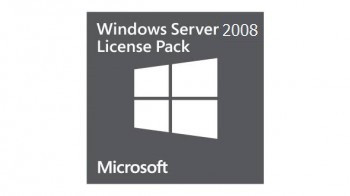
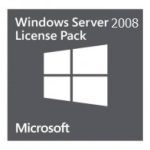
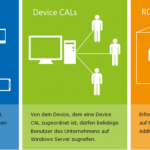
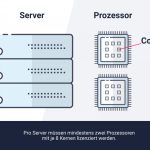
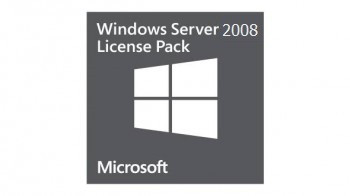
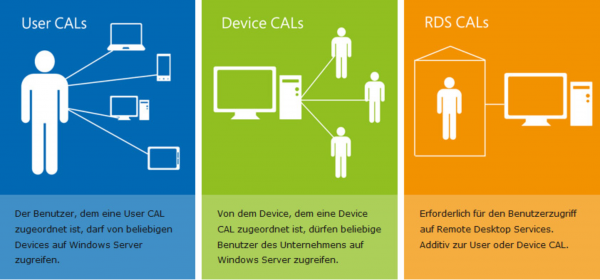

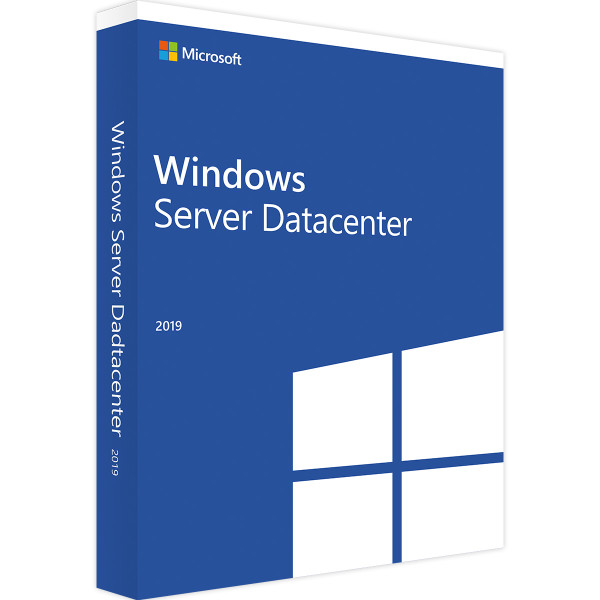
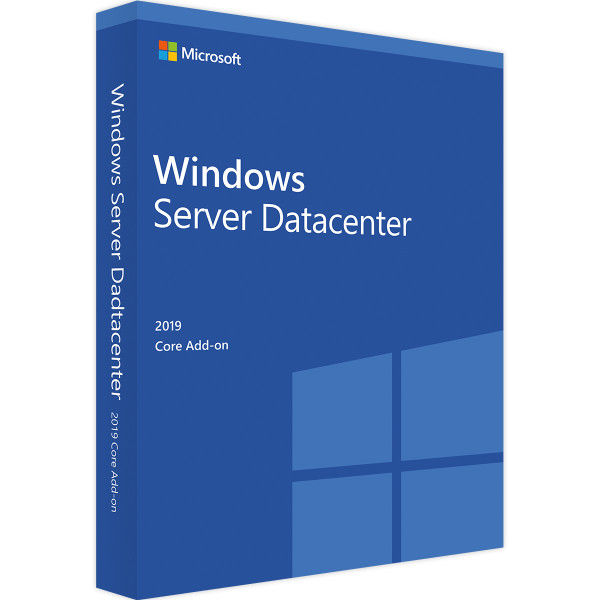
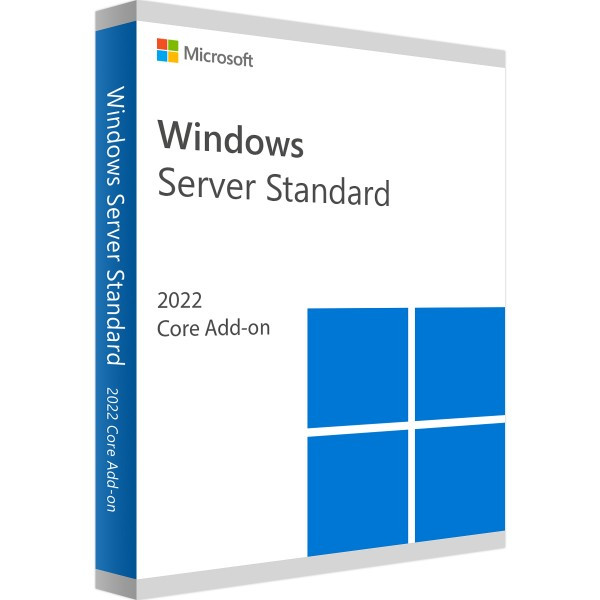
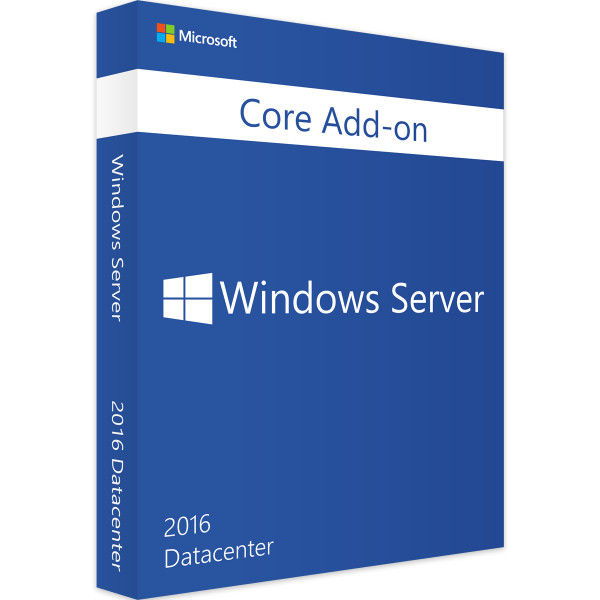
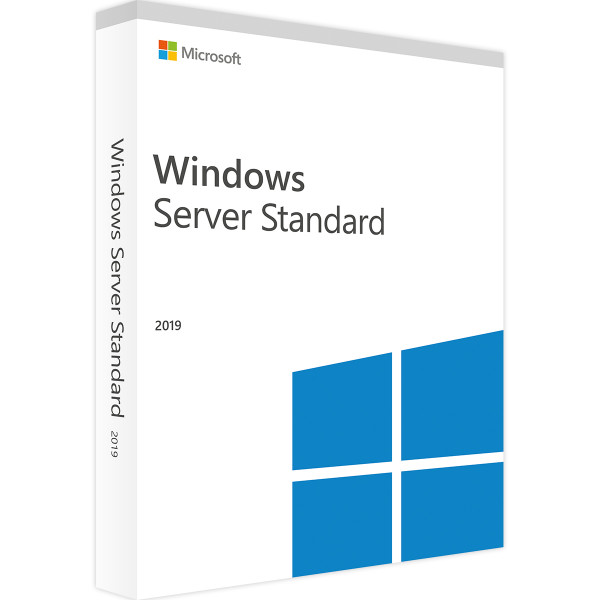
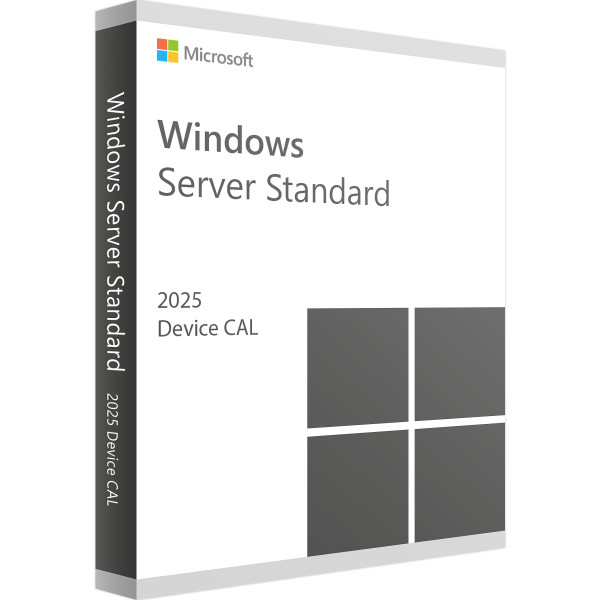
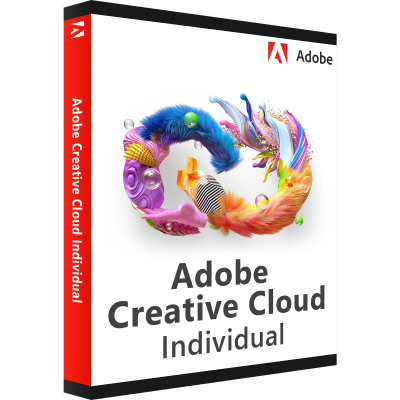
Reviews
Clear filtersThere are no reviews yet.